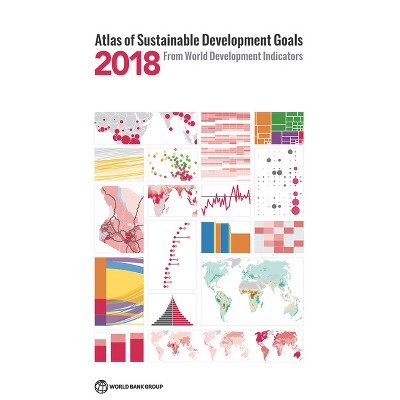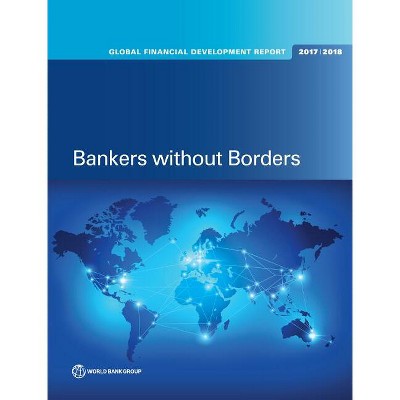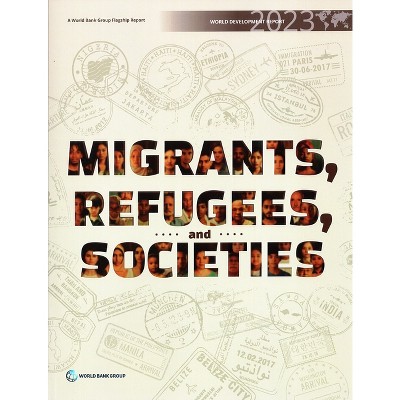Information and Communications for Development 2018 - by World Bank (Paperback)

About this item
Highlights
- The Information and Communications for Development report takes an in-depth look at how information and communication technologies (ICT) are impacting economic growth in developing countries.
- About the Author: The World Bank came into formal existence in 1945 following the international ratification of the Bretton Woods agreements.
- 174 Pages
- Business + Money Management, Information Management
- Series Name: Information and Communications for Development
Description
About the Book
Information and Communication for Development 2018Book Synopsis
The Information and Communications for Development report takes an in-depth look at how information and communication technologies (ICT) are impacting economic growth in developing countries. This new report, the fourth in the series, examines the topic of data-driven development, or how better information makes for better policies. The objective is to assist developing country firms and governments to unlock the value of the data they hold for better service delivery and decision making, and to empower individuals to take more control of their personal data. The chapters of the report explore different themes associated with the supply of data, the technology underlying it, and the demand for it. The concluding chapter considers government policies for data, including data protection and privacy.
About the Author
The World Bank came into formal existence in 1945 following the international ratification of the Bretton Woods agreements. It is a vital source of financial and technical assistance to developing countries around the world. The organization's activities are focused on education, health, agriculture and rural development, environmental protection, establishing and enforcing regulations, infrastructure development, governance and legal institutions development. The World Bank is made up of two unique development institutions owned by its 185 Member Countries. The International Bank for Reconstruction and Development (IBRD) focuses on middle income and creditworthy poor countries and the International Development Association (IDA), which focuses on the poorest countries in the world.Shipping details
Return details
Trending Non-Fiction











